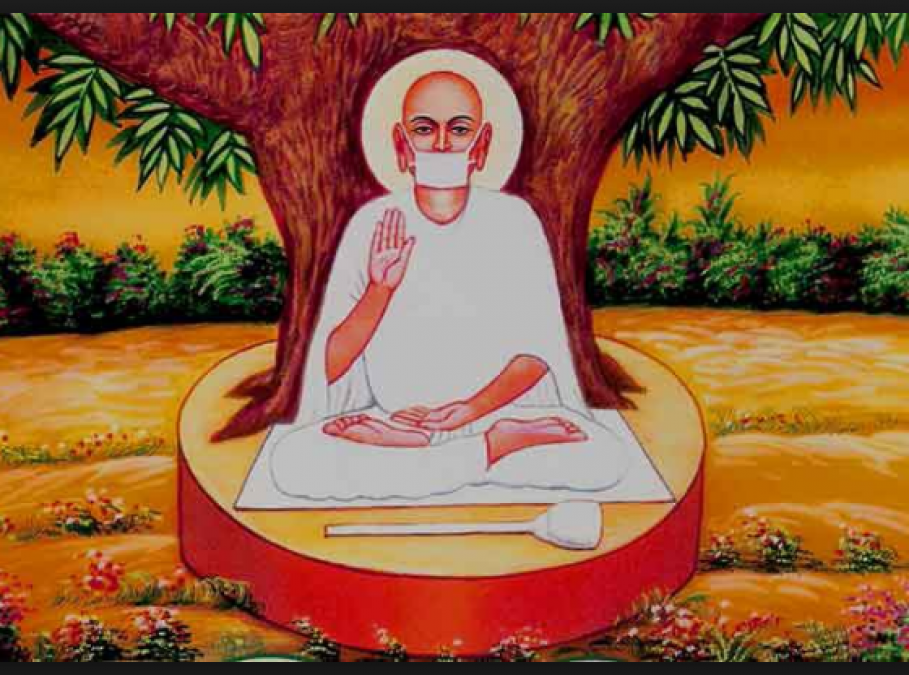
As per noted in scriptures, Jainism originated in India during the 6th Century BC. The name Jainism is derived from the word 'Jina' meaning conqueror of the self and the external world. This term is used to address the twenty four great masters or Tirtankaras through whom Jainism came forth. Mahavira was the last of these Tirtankaras and is considered as the founder of Jainism.
It is to be noted that the word Tirtankara means the one who is sailing people across the bondages of the world. The precept and practice of the twenty four Tirtankaras paved the base for the various dogmas, theories and concept of Jainism to be built. The central features of Jainism are demonstrating Ahimsa or non-violence through thought, word and deed and conquering one's own self and the world thereby working towards liberation.
also read Know the significance and importance of number 786 in Muslim religion
Here to be note that Jainism is a very ancient religion. Originating from the Eastern India, Jainism sprang forth around the same time when Buddhism was born in India. The period when these two religions were born was characterized by a revolution against the ritualism and caste-ism associated with Hinduism.
However it is to be noted that these two religions questioned and waged a stiff opposition against these features of Hinduism and therefore came to be called as the two rebel children of Hinduism. The compilation of the teachings of Lord Mahavira make up the sacred texts of Jainism. Following Mahavira's death, there was a split in Jainism giving way to the evolution of two sects namely Digambara and Shvetambara. The former opined that like their masters, the followers also must not wear any clothes, while the latter advocated wearing of white clothes as a mark of purity.
To be noted that Jainism lays a very strong emphasis on the concept of Ahimsa than any other religion does. In fact, the followers are prohibited from taking up professions like agriculture that involves killing of pests and insects during various farming activities. The strict followers of Jainism hang a mask in front of their mouth in order to avoid unconsciously swallowing microbes and killing them as a result. Jainism also strongly advocates the effect of Karma in people's lives. The soul or jiva is attached to the body in which it is born. The good deeds performed take the jivas to higher forms of birth and the sinful deeds take them to lower forms of birth. Once the soul conquers the attachment to the body and relieved of all karmas, it is liberated from the cycle of births and deaths and attains Nirvana or the supreme state of existence.
also read Falling these things from hand again and again indicate something bad to happen
As people evolve from their lower consciousness and ascend to the higher levels, they cross through five different stages namely Sadhus and Sadhvis (monks and nuns), Upadhyayas (teachers of scriptures), Acharyas (leaders of the monstic societies), Arihantas (liberated souls) and Siddhas (liberated souls who live in the highest planes namely the heavens). Jainism states that the true purpose of human life is to attain moksha or salvation escaping from Karmas and consequently from the cycles of births and deaths. Harmless and renunciant life is the means to achieve this end. Furthering these two interests in people is the principal focus of Jainism assisting in the spiritual journey of humans.